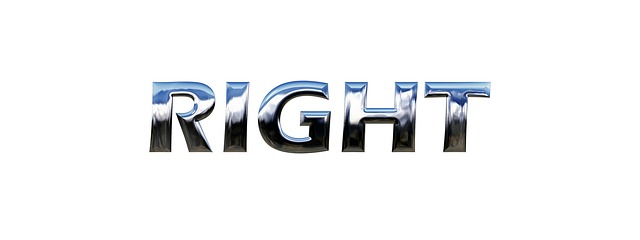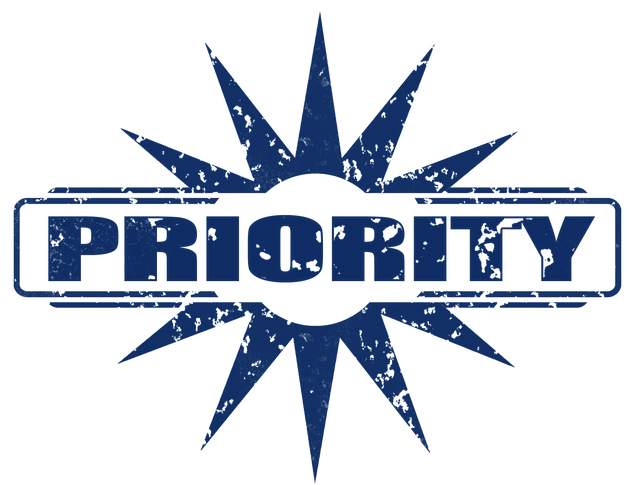Choosing the right business insurance involves a multi-step process that starts with understanding your unique business needs and risks, such as property damage, liability claims, or data breaches. This guides selection of coverage types like property, general liability, professional liability, workers' compensation, and business interruption. Evaluate insurer reputation, cost (including deductibles), and policy exclusions/limits to ensure adequate protection at reasonable prices. Regularly update policies based on operational changes and industry standards. Leverage industry resources for tailored risk assessments and insights.
Selecting the ideal business insurance plan is a crucial step in safeguarding your investment, mitigating risks, and ensuring uninterrupted operations. This comprehensive guide will walk you through the process of choosing the right coverage for your business. From understanding your unique needs and identifying potential risks to evaluating insurers and customizing policies, each step ensures you make an informed decision. By following these strategies, you’ll find the perfect balance between protection and affordability, leaving you confident in your choice of business insurance.
Understanding Your Business Needs

Understanding your business needs is a crucial step in choosing the right insurance plan. As a business owner, it’s essential to assess the risks specific to your industry and operations. This involves evaluating potential threats like property damage, liability claims, employee injuries, or data breaches. Each risk carries its own set of financial implications, so identifying them is key to selecting adequate coverage.
Consider the nature of your business activities, the value of your assets, and any legal requirements in your industry. For example, a retail store might require inventory coverage, while a tech startup may need protection for intellectual property. By understanding these needs, you can tailor your insurance plan to offer comprehensive protection at a cost that aligns with your budget.
Identifying Potential Risks

When considering how to choose the right business insurance, identifying potential risks is a crucial first step. This involves assessing your industry, workplace practices, and unique operational factors that could expose your business to liability or loss. Take stock of everyday activities, from handling hazardous materials to managing customer interactions, as these can lead to accidents, injuries, or legal claims. Understanding these risks allows you to tailor insurance coverage accordingly.
For instance, a restaurant owner would consider food poisoning incidents and slip-and-fall accidents, while an e-commerce business might focus on data breaches and cyberattacks. By recognizing these specific hazards, you can select insurance policies that provide adequate protection against them, ensuring peace of mind and financial security for your business.
Types of Business Insurance Coverage

When it comes to choosing the best business insurance plan, understanding the various types of coverage available is a crucial step in the process. How to Choose the Right Business Insurance involves assessing your specific needs and risks. The most common categories include property insurance, which protects physical assets like buildings and equipment; general liability insurance, covering damages or injuries to customers or third parties; professional liability insurance, focusing on errors and omissions made by professionals; workers’ compensation, which is mandatory in many places and covers employee injuries or illnesses; and business interruption insurance, ensuring your financial stability during unforeseen events that disrupt operations.
Each type of coverage serves a unique purpose, catering to different aspects of running a business. For instance, property insurance safeguards against physical losses, while general liability shields you from legal issues and damages stemming from accidents on your premises. By evaluating these needs and comparing policies based on scope, deductibles, and exclusions, you can make an informed decision tailored to your enterprise’s vulnerabilities and aspirations.
Evaluating Insurer Reputation and Reliability

When evaluating business insurance plans, it’s crucial to look beyond coverage details and pricing. Understanding an insurer’s reputation and reliability is a critical step in How to Choose the Right Business Insurance. Check their history, financial strength, and customer reviews to ensure they’re a trustworthy partner for your business. Reputable insurers maintain stable finances, demonstrating their ability to honor claims over time.
Looking at their track record with customer service is also essential. An insurer that prioritizes responsive communication, quick claim processing, and clear policy explanation signals reliability. Negative reviews or frequent complaints about difficulties in dealing with the insurer should raise red flags. Remember, your business insurance isn’t just a contract; it’s a safety net for your operations, and choosing a reliable provider is key to maintaining peace of mind.
Comparing Policy Costs and Deductibles

When comparing business insurance plans, a key factor is understanding the costs and deductibles involved. Policy costs can vary widely depending on several factors such as your industry, location, revenue, and level of risk. It’s important to get quotes from multiple insurers to ensure you’re getting competitive pricing.
Deductibles represent the amount you’ll have to pay out-of-pocket before insurance covers the rest. Lower deductibles can mean higher premiums but provide more financial protection in case of a claim. Evaluate your business’s risk profile and financial resources when deciding on an acceptable deductible. Balancing these considerations will help you pick the best coverage that aligns with How to Choose the Right Business Insurance needs, providing adequate protection at a reasonable cost.
Reviewing Exclusions and Limits

When evaluating business insurance plans, carefully reviewing exclusions and limits is a crucial step in making an informed decision. Exclusions are specific events or circumstances that your policy won’t cover, while limits define the maximum amount of compensation or reimbursement you can receive for a particular risk. Understanding these aspects ensures that you’re not left with significant financial burdens when unexpected incidents occur.
Check if the plan excludes activities or industries considered high-risk, as well as events like natural disasters or cyberattacks, which have become increasingly common. Ensure the limits align with your business’s potential liabilities and recovery costs. It’s important to select a policy that offers adequate coverage for your unique operational needs, protecting your assets and providing peace of mind.
Customizing Your Insurance Plan

When considering the best business insurance plan, customization is key. Every business is unique, facing its own set of risks and challenges. Therefore, your insurance plan should be tailored to reflect these specific needs. Start by evaluating the type of business you run and the industry standards. For instance, a construction company will have different insurance requirements than a tech startup.
Consider the size of your business, number of employees, location, and financial resources. These factors influence the coverage amounts and types you’ll need. Speak with several insurance providers to get quotes and understand their offerings. Don’t be afraid to ask about optional coverages or exclusions. Remember, the goal is to find an insurance plan that offers comprehensive protection while aligning with your business’s unique risk profile.
Regularly Updating and Revising Your Policy

Regularly updating and revising your business insurance policy is a crucial step in ensuring you’re adequately protected as your business evolves. As your operations grow, change, or introduce new risks, your insurance needs will likely shift too. For instance, expanding into a new location may require additional coverage for property and liability. Similarly, hiring new employees brings workers’ compensation risks that should be reflected in your policy. Stay vigilant and reassess your coverage at least annually to align with these changes.
This proactive approach allows you to address emerging threats and take advantage of evolving industry standards and legal requirements. It’s also a chance to compare different insurance providers and plans, ensuring you’re still getting the best value for your premium dollars. Remember, a policy that was suitable when you first obtained it may no longer meet your needs as a growing business.
Utilizing Industry-Specific Resources

When seeking the best business insurance plan, one effective strategy is to tap into industry-specific resources. These can offer tailored insights and guidance that general insurance comparisons might miss. Trade associations, for instance, often provide members with comprehensive risk assessments and recommended coverage options aligned with their sector. They can also negotiate group policies, offering cost savings.
Additionally, industry-focused publications and online forums are valuable sources of information. They share real-world experiences and case studies, highlighting common risks and the most suitable insurance solutions. These resources help business owners make informed decisions by understanding how their specific operations and potential liabilities stack up against industry peers.
